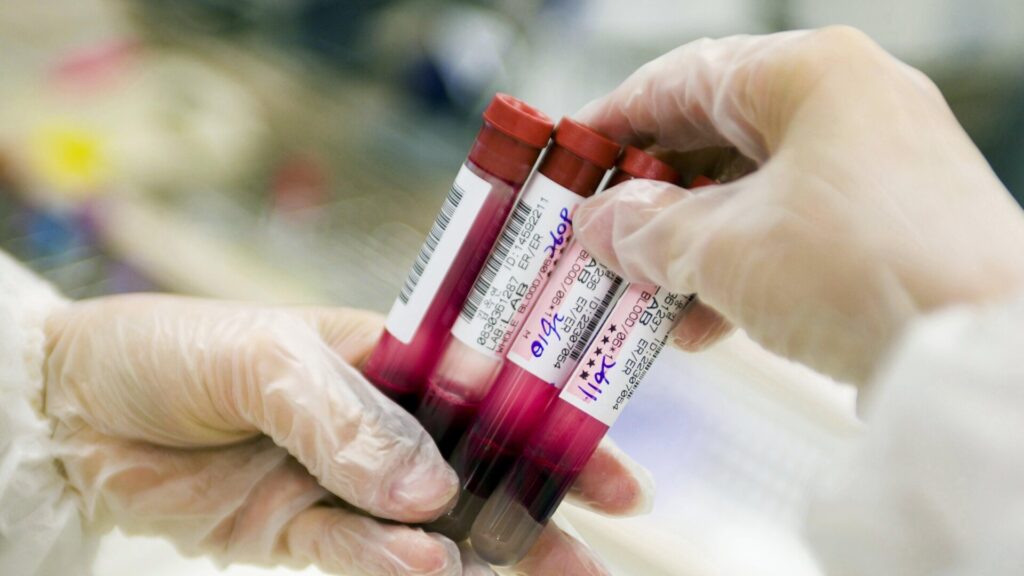A simple blood test promises to be a way to detect Alzheimer’s disease, which could greatly improve the accuracy and speed of diagnosis.
Currently, Alzheimer’s disease is diagnosed through a combination of memory and cognitive tests, as well as brain imaging and laboratory tests. But these tests are generally designed to rule out other possible causes of symptoms, according to the agency. National Institute on Aging. Even so, misdiagnosis is rampant. Researchers in a new study write that up to 35% of patients in specialty clinics receive the wrong diagnosis. That number may rise for patients who only visit primary care.
While some blood tests have shown promise as diagnostic tools, they are hampered by their complexity. A new method developed by an international team of doctors may have solved this problem.
Like previous blood tests for Alzheimer’s disease, this test is designed to look for biomarkers in plasma, the liquid part of the blood, that indicate the presence of certain proteins associated with the disease. This biomarker is called Plasma phosphorylated tau 217 (or p-tau 217) can also be found in cerebrospinal fluid, but the extraction process is more difficult than in blood. The test also looked at the ratio of two components of plaques that form in the brains of people with Alzheimer’s disease. The researchers speculated that if p-tau217 was found in the sample along with a certain proportion of the plaque component, it would be conclusive evidence that the patient had the disease.
The patients were divided into groups and blood tests were performed to compare the results with cerebrospinal fluid tests. in a study Published on Journal of the American Medical Association, The researchers say their new method can accurately detect whether Alzheimer’s disease exists in about 90% of patients.
The test was tested on more than 1,200 Swedish patients with cognitive symptoms over four years.
While early results are encouraging, researchers note that more research is needed before the blood test can be widely used. Still, they acknowledge that earlier diagnosis may lead to better outcomes thanks to promising new methods. Immunotherapy treat Currently in testing.

